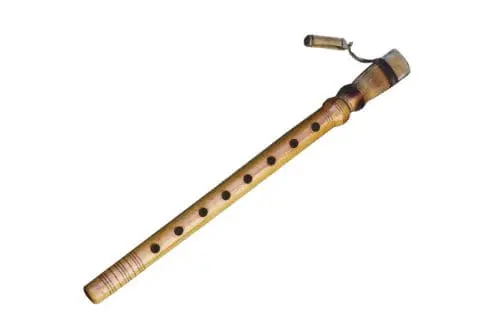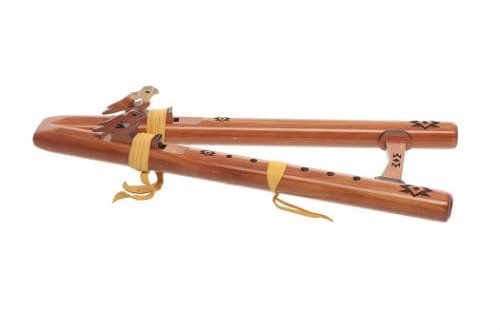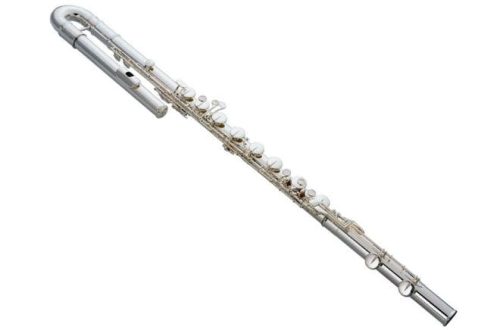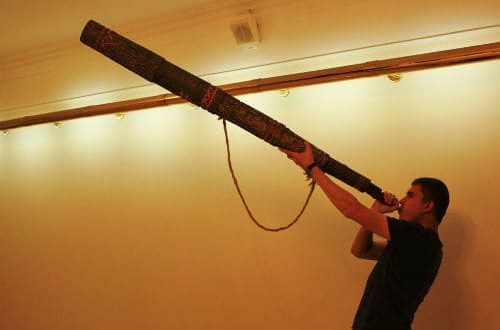
Balaban: description of the instrument, composition, history, sound, playing technique
Balaban is one of the oldest folk instruments belonging to Azerbaijani culture. It is also found in other countries, mainly belonging to the North Caucasus region.
What is balaban
Balaban (balaman) is a musical instrument made of wood. Belongs to the wind family. Outwardly, it resembles a slightly flattened cane. Equipped with nine holes.
The timbre is expressive, the sound is soft, with the presence of vibrations. Suitable for solo playing, duets, included in the orchestra of folk instruments. It is common among Uzbeks, Azerbaijanis, Tajiks. Similar designs, but with a different name, have Turks, Georgians, Kyrgyz, Chinese, Japanese.

Устройство
The device is quite simple: a wooden tube with a sound channel drilled from the inside. From the side of the musician, the tube is equipped with a spherical element, a slightly flattened mouthpiece. The front side has eight holes, the ninth is on the reverse side.
Production material – walnut, pear, apricot wood. The average length of the balaman is 30-35 cm.
History
The oldest prototype of the balaban was discovered on the territory of modern Azerbaijan. It is made of bone and dates back to the 1st century AD.
The modern name comes from the Turkish language, meaning “little sound”. This is probably due to the peculiarities of the sound – a low timbre, a sad tune.
The design of a cane with holes is found in many ancient cultures, mainly among the peoples of Asia. The number of these holes varies. The balaman, operated a couple of centuries ago, had only seven of them.
The name “balaban” is found in the ancient Turkic texts of the Middle Ages. The instrument at that time was not secular, but spiritual.
In the first half of the XNUMXth century, the balaban became part of the orchestra of Azerbaijani folk instruments.
sounding
The range of the balaman is approximately 1,5 octaves. Masterfully mastering the technique of playing, you can increase the possibilities of sound. In the lower register, the instrument sounds somewhat dull, in the middle – soft, lyrical, in the upper – clear, gentle.
Play technique
A common technique for playing the balaman is “legato”. Songs, dance melodies sound in a singsong voice. Due to the narrow internal passage, the performer has enough air for a long time, it is possible to pull one sound for a long time, to perform successive trills.
Balaman is often trusted with solo numbers, he is firmly entrenched in ensembles, orchestras performing folk music.





